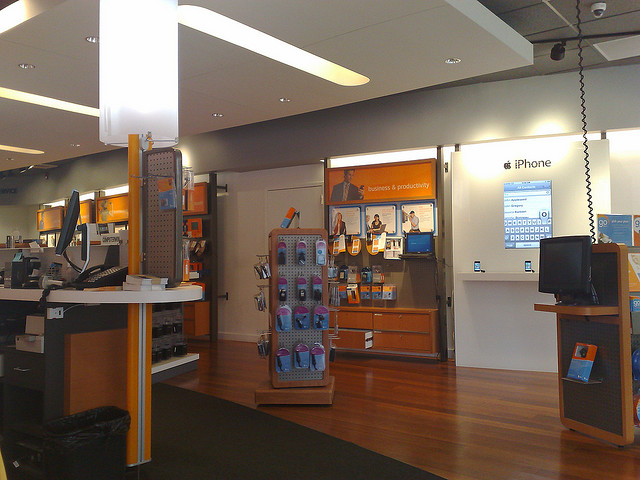Even though there aren’t many jobs available for tech experts in the law profession, those that have experience in litigation support or e-discovery can expect to be able to obtain higher salaries than they have in the past, simply because there aren’t that many professionals out there that fit the criteria. It’s a simply case of supply and demand—with a limited supply of these tech professionals, they’re able to demand more money. For example, Robert Half predicts that litigation support/e-discovery directors can expect an approximately 6% increase on average in their salary, bringing the average range between $101,000 and $130,050. Tech professionals working in major markets such as New York can expect much more, though, with an average salary of $230,000 or more. Chief information officers can also expect to see an increase in their earnings, and their salaries can fall into the range of $300,000 to $500,000 at top law firms. As the global practice leader in law firm management at Major, Lindsey & Africa, Amanda K. Brady, explains, “It can be lucrative …. but there’s just not a lot of these jobs.”
As tech-related fields continue to grow, though, tech professionals can expect to see more opportunities for working in law. For example, multidisciplinary teams containing professionals knowledgeable about networks and information security are predicted to become more common for firms who have practice groups centering on cybersecurity or privacy. Additionally, many firms are expected to create practice groups for these kind of tech concerns if they have not already. With this much growth in the future, tech experts can look forward to salaries continuing to rise. According to Brady, “There’s only an upward projectory here. The demand will only continue.”
Though the prospect of a better salary may attract many tech professionals to law, they should keep in mind that the workplace culture found at a law firm can be very different from what they are used to. It isn’t entrepreneurial, like the environment found at a startup. Additionally, tech professionals, especially chief information officers, are often paid very well because technology can present a huge risk to the firm. If the tech systems are not kept up to par by the chief information officer and other tech employees, the firm’s reputation can suffer. Those looking to work in a law firm should keep the above in mind, but in addition to a higher salary, tech professional may also look forward to being involved in many different parts of the firms and handling many responsibilities.
Article via Legaltech News, September 25, 2015
Photo: Cash Money (part two) via Jeremy Yerse [Creative Commons Attribution-NonCommercial-NoDerivs]





